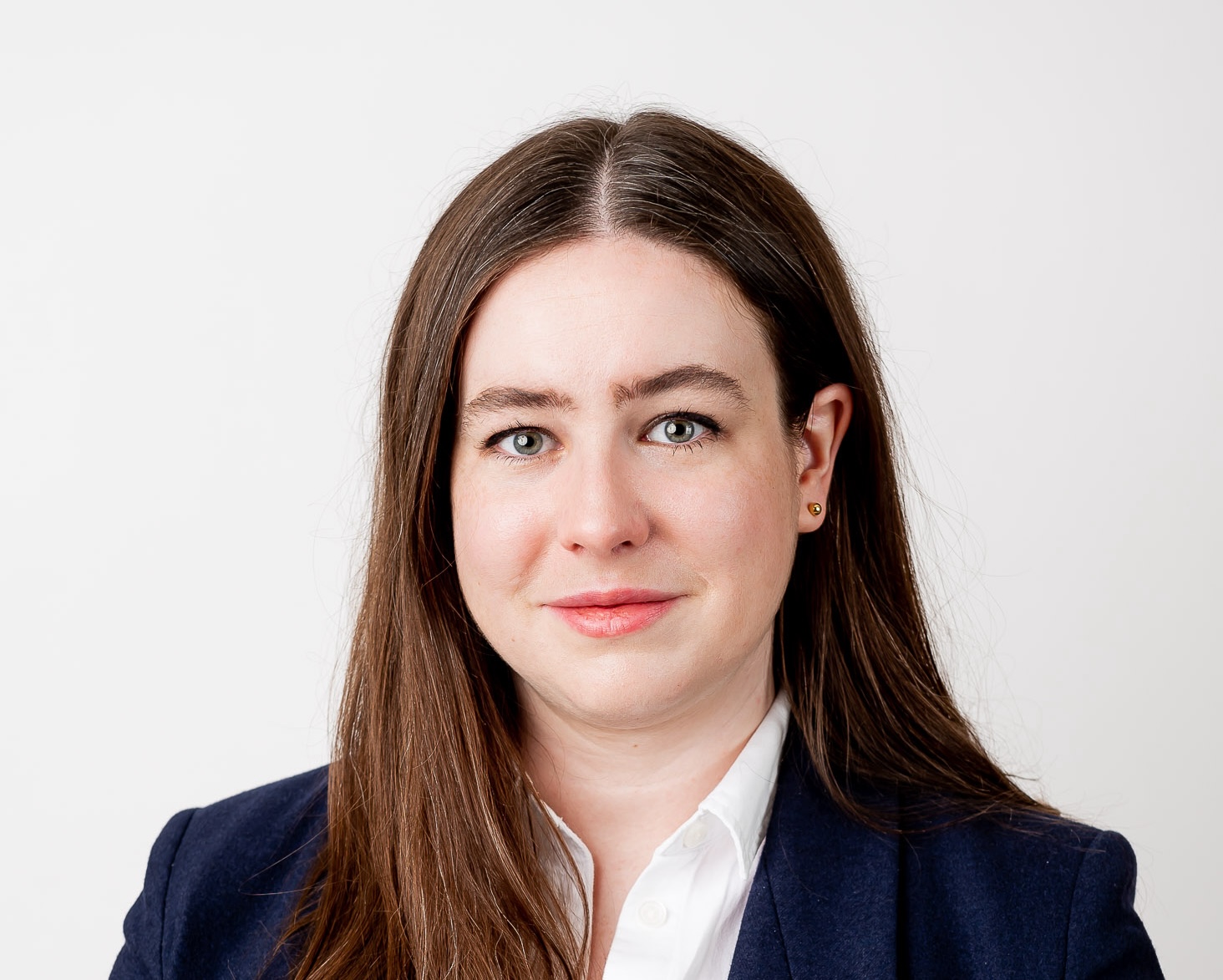Katarina Lee-Ameduri is a Clinical Ethicist with Réseau Compassion Network and is based at St. Boniface Hospital. This month, she reflects on how ethics fits into healthcare, and how what’s happening in our communities is impacting staff, patients and families.
Many folks might not know what a Clinical Ethicist does. What’s the easiest explanation of your role, Katarina?
In principle, clinical ethics is meant to help patients, staff or clients follow their values-based preferences in regards to medical decisions. It’s for times when what providers want to provide and what the patient wants to receive aren’t a match. For example, a patient might say, “I value bodily integrity, and I don’t want to have my leg amputated.” But their care team might believe it’s the best course of action. How do we value what the patient is saying and find the best way forward with them?
One can imagine that as mental health and medical care in our communities continue to increase in complexity, hospitals are seeing different ethics concerns.
That’s definitely right. We continue to get consult requests for all sorts of situations, but now we’re starting to see more and more instances where we’re trying to balance questionable decision-making ability with medical care plans. If someone is experiencing psychosis, or if someone has a substance use disorder, it’s more difficult to gauge whether they are in fact sure of their decisions or understand the full implications of them.
There is a lot of discussion around risk, and its meanings. Someone who is unhoused and dealing with substance use disorder might have a very different definition of risk than the care team working with them. It’s not uncommon to have a patient express that they want to live, but they don’t want to have surgery. How should a care team interpret that? How should the decision to move forward with surgery or not be made? There are more and more cases like this in our health and social service agencies.
You bring up those living unhoused. We know that our communities are seeing more people who are unable to find housing, services and resources to support them. How is that impacting what you see at the hospital?
Discharge planning is definitely getting trickier. First and foremost, staff at St. B care about their patients. They want to do what’s best for them. But there is tension there…should a medical professional proceed with surgery on a patient who doesn’t have a safe follow up plan? What if there is nowhere clean for them to change a dressing? What if they cannot rest properly because they don’t have stable housing? Staff are asking themselves, “Is this a safe discharge?”
We all know that there aren’t enough resources to support all of those living unhoused in Winnipeg. It’s an issue that is larger than the hospital, larger than our network. I certainly don’t have the solution for how we help more folks receive better care and better aftercare, but we are seeing the reality of that lack of support very clearly here. I do know, at the least, that Réseau Compassion Network and so many others in the sector are doing their best to make changes, to create a system that truly works for all. In the meantime, staff will continue to do what we have always done: care for those who come through our doors in the very best way that we can.

